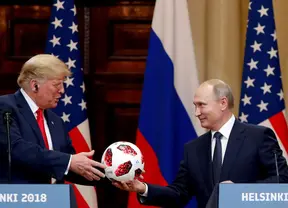
Israeli Prime Minister Benjamin Netanyahu might be wrong in opposing the ongoing nuclear talks between world powers and Iran, U.S. Secretary of State John Kerry said Wednesday.

U.S. Secretary of State John Kerry on Tuesday urged critics to "wait and see" as negotiations with Iran are continuing toward a comprehensive agreement over its controversial nuclear program.

Senior Iranian and U.S. officials will hold bilateral talks in the Swiss city of Geneva on Sunday evening to discuss Tehran's long-disputed nuclear program.

The new round of negotiations over Iran's long-standing controversial nuclear program was intensive and pragmatic, the head of the Chinese delegation said after the talks on Sunday night.

The UN nuclear agency, the International Atomic Energy Agency (IAEA), has made no major progress in verifying outstanding issues related to Iran's alleged nuclear weapons program, according to an official report shown on Thursday.

Japan's nuclear regulator on Thursday gave safety clearance to two more nuclear reactors that were idled in the wake of the 2011 Fukushima nuclear disaster, which will be a boon for the government who has been trying to bring the nation's reactors back online to alleviate the huge burden of imported fossil fuels.

Israeli Prime Minister Benjamin Netanyahu on Tuesday tried to downplay current tensions between himself and U.S. President Barack Obama over a speech the Israeli PM is set to deliver in front of the U.S. congress on March 3 on Iran.
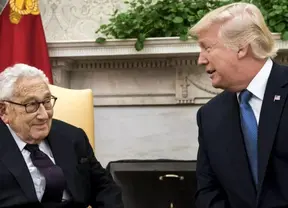
Iranian Foreign Minister Mohammad Javad Zarif said Sunday that it is quite possible to reach a deal over Iran's nuclear issue and there is no need to further extend the nuclear talks between his country and the so-called P5+1 group.

Iran's Supreme Leader Ayatollah Ali Khamenei said on Sunday that no nuclear deal is better than a bad deal, as Iran and world powers gear up for a deadline by the end of March.

Iran is seeking final agreement with the world powers over its nuclear issue although the talks are at difficult stage, Iranian Foreign Ministry spokeswoman Marzieh Afkham said on Wednesday.

Indian Prime Minister Narendra Modi and visiting U.S. President Barack Obama said on Sunday that the two countries have reached an agreement to break a six-year impasse on the landmark civil nuclear deal.
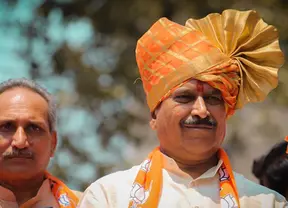
Israeli Prime Minister Benjamin Netanyahu rejected the criticism upon his acceptance of an invitation by U.S. Republicans to speak at the country's congress next month.

The United States on Wednesday dismissed an unconditional resumption of the six-party talks suggested by the Democratic People's Republic of Korea (DPRK) over its nuclear program, reiterating a call for Pyongyang to abide by its past commitments.
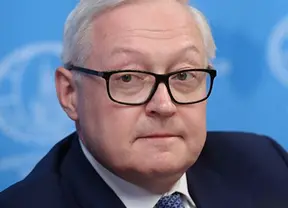
The chief nuclear negotiator of the Democratic People's Republic of Korea (DPRK) said on Monday that he has explained the intentions and purpose of the recent proposal put forward by the DPRK at an unofficial meeting here with former senior officials and experts from the United States.
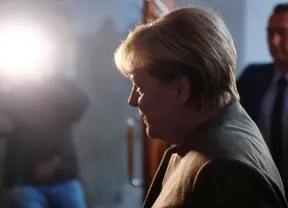
The United States is sending a high-level delegation to Geneva for resumed talks with Iran over its controversial nuclear talks, the State Department announced Thursday.

Wednesday is a day of mourning and memory in the Democratic People's Republic of Korea. It marks the third anniversary of the death of late top leader Kim Jong Il.

The West has no other choice but to lift the "cruel" sanctions against the Islamic republic, Iran's President Hassan Rouhani said here on Monday.